
Will Pokimane help IShowSpeed with Twitch ban removal? Kai Cenat asks streaming queen to 'pull some strings’
As Kai Cenat asks for Pokimane's number, she persuades her to put in a word for IShowSpeed to end their 2-year Twitch ban
2023-06-29 17:48

Save 54% on a lifetime of language lessons from Rosetta Stone
TL;DR: As of July 21, get lifetime access to all Rosetta Stone Languages for only
2023-07-21 17:50
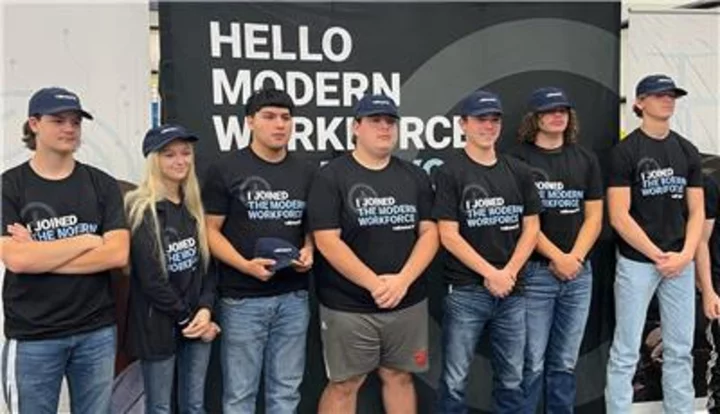
Valmont® Trade Program Welcomes 24 Apprentice and Pre-Apprentice Students Amid Growing Need for Skilled Trade Workers
OMAHA, Neb.--(BUSINESS WIRE)--Sep 21, 2023--
2023-09-21 22:57
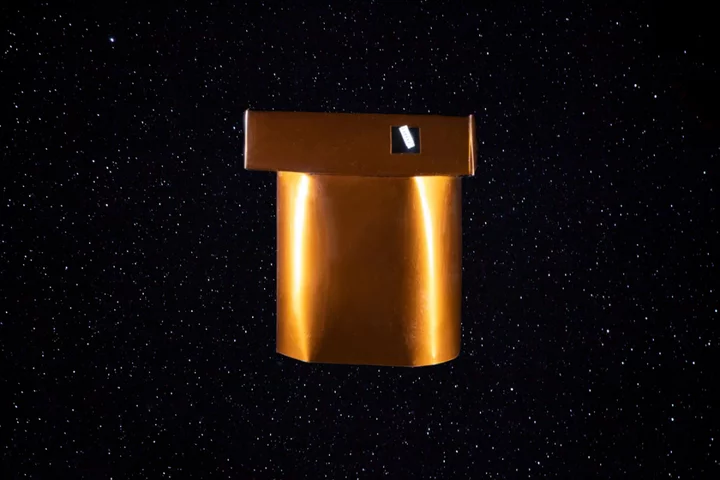
SpaceX launches ‘zero fuel’ engine into space
SpaceX has launched a new type of zero-fuel propulsion system into orbit, which its creators claim will revolutionise the space industry. The Quantum Drive engine, built by US startup IVO Ltd, was fitted on a microsatellite that entered orbit aboard SpaceX’s Transporter 9 mission, which lifted off from the Vandenberg Space Force Base in California. IVO claims that its technology is the world’s first commercially viable pure electric propulsion technology that works in space, drawing “limitless power for propulsion from the Sun”. It relies on a controversial theory called Quantized Inertia (QI) that challenges Isaac Newton’s Laws of Motion, with some physicists dismissing the technology as impossible. The QI theory was first proposed in 2007 by physicist Mike McCulloch, who drew on the mysterious properties of quantum mechanics to account for a new understanding of inertia as defined by Newton’s First Law of Motion. IVO chief executive Richard Mansell said his company performed 100 hours of vacuum chamber testing before the launch, during which the quantum drive produced a small amount of thrust. “Deploying Quantum Drive into orbit in a Rogue satellite on SpaceX Transporter 9 is a milestone for the future of space propulsion,” Mansell said. “Quantum Drive’s capability allows Rogue to produce new satellite vehicles with unlimited Delta V.” A pair of Quantum Drives are fitted to the BARRY-1 cubesat, which will take around one month to settle into its orbit before the next-generation propulsion system is activated in an effort to raise the satellites orbit by 100 kilometres. If successful, its creators say it will not only rewrite the critical principles of physics, but also form the foundation for a new era of space travel and exploration. “There are many things that have held back space exploration, one of them of course is power and propulsion,” said Mansell. “IVO’s quantum drive eliminates this propulsion problem by eliminating the fuel. By taking away the fuel, then you have essentially unlimited thrust.” Read More ‘It’s becoming like an airport’: How SpaceX normalised rocket launches
2023-11-17 23:21

California Issues Emergency Watch for Power Grid Amid Heat Wave
California’s main power grid operator issued an emergency watch notice for Tuesday evening as residents cranked up air
2023-07-26 12:15
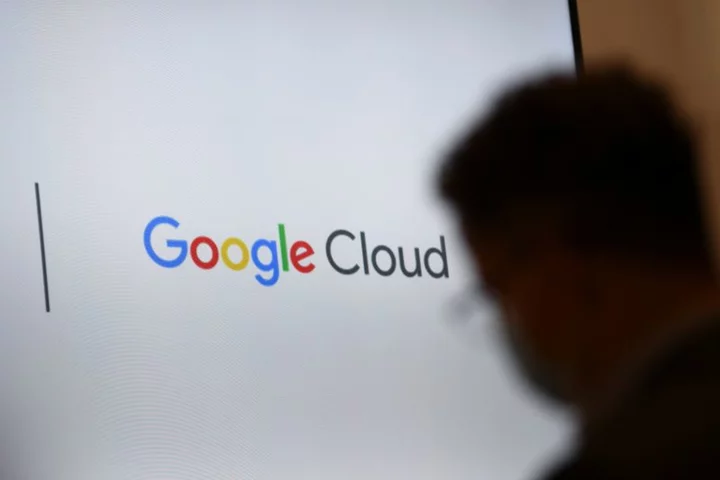
Google Cloud to open office in El Salvador in seven-year partnership
SAN SALVADOR Google Cloud and the government of El Salvador announced a multi-year agreement on Tuesday that will
2023-08-30 00:49

Planitar Inc. and Verisk Join Forces to Revolutionize Insurance Adjusters' Workflow with iGUIDE Instant Sketch
WATERLOO, Ontario & JERSEY CITY, N.J.--(BUSINESS WIRE)--Aug 28, 2023--
2023-08-28 18:22
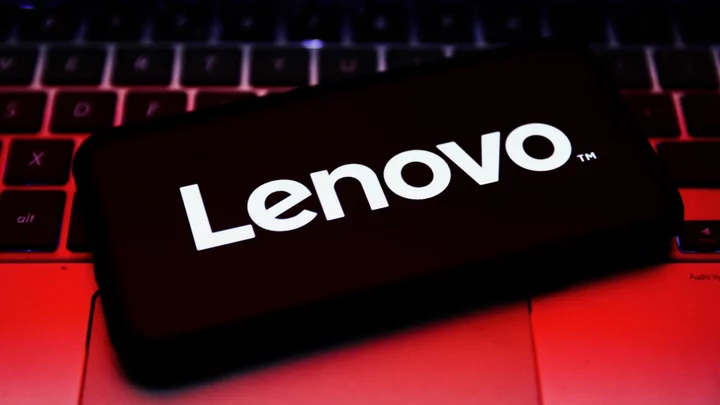
Lenovo Reportedly Working on Its Own Steam Deck Rival
It looks like Lenovo is preparing its own competitor to Valve's Steam Deck. The company
2023-08-02 00:49

Star Wars Outlaws won't be a '200 or 300-hour epic' that's 'unfinishable'
'Star Wars Outlaws' Creative Director Julian Gerighty insists the game won't be so large it's difficult to complete.
2023-07-27 19:18
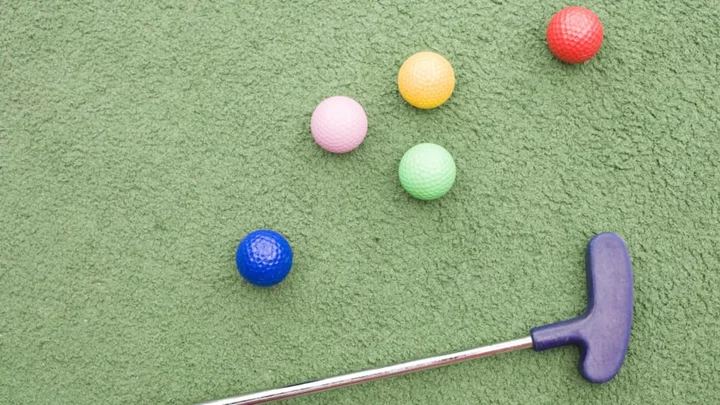
The Zany History of Mini Golf
Whether you call it mini golf, putt putt, or a cheap date, miniature golf has been popular since the 19th century.
2023-07-13 04:18
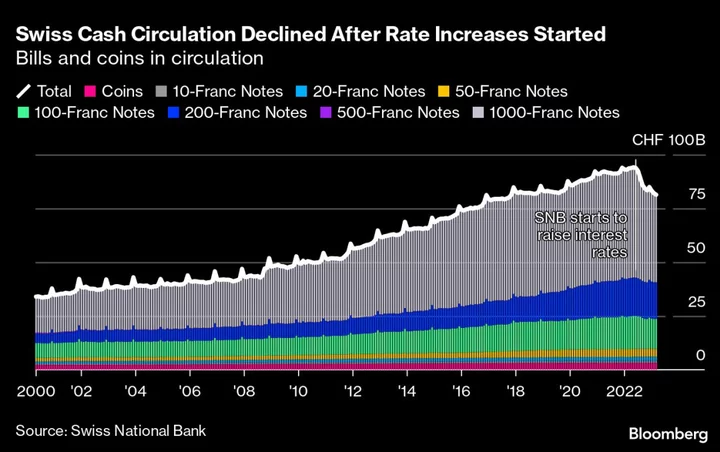
Swiss Fall Out of Love With Cash Amid Soul Searching About Money
Switzerland’s formerly cash-obsessed citizens are falling out of love with physical money. Some 36% of consumer transactions were
2023-06-01 17:47
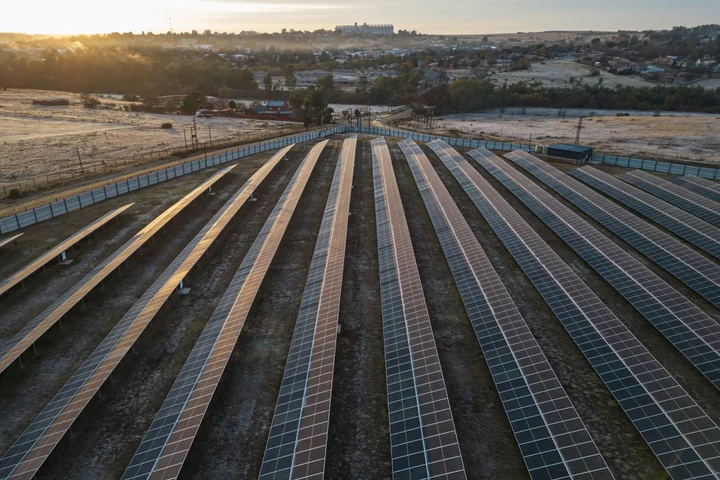
EU Carbon Import Tax Shifts Climate Burden, South Africa Says
The European Union’s plan to put a carbon levy on imported goods from outside the bloc is an
2023-07-18 21:52
You Might Like...

Diablo® IV Launches, Immediately Sets New Record as Blizzard Entertainment’s Fastest-Selling Game of All Time

Universal Display Corporation and PPG Celebrate Opening of State-of-the-Art OLED Manufacturing Site in Shannon, Ireland

GlobalFoundries projects profit above estimates in positive sign for chip market

Gemma Chan to voice vampire hunter in Diablo IV season 2
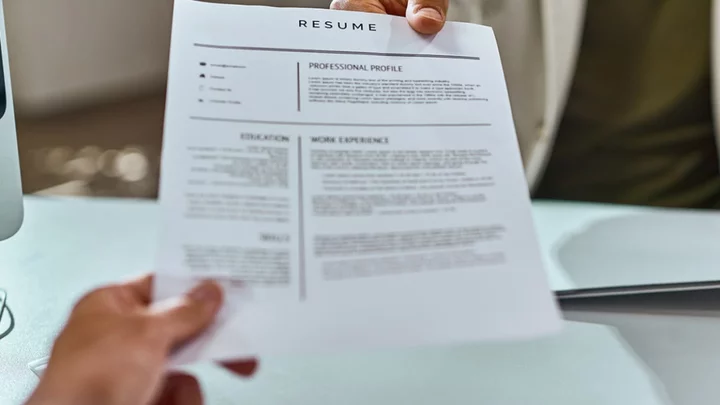
A lifetime subscription to this AI CV builder is on sale for 91% off
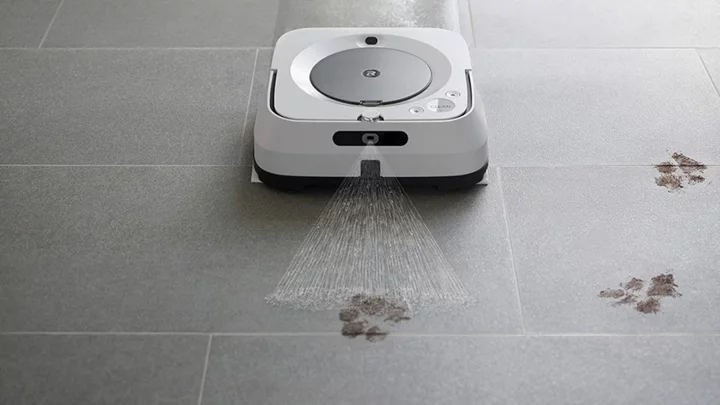
Save 40% on the iRobot Braava Jet m6 robot mop this Prime Day

JBL PartyBox Ultimate: Party Without Limits
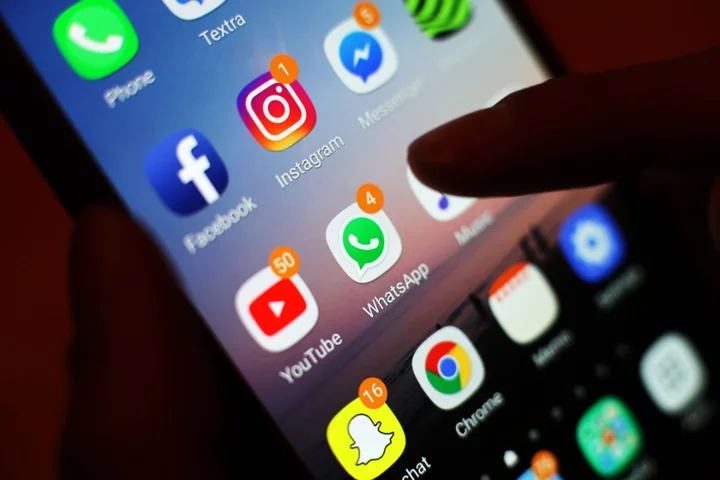
Information watchdog issues warning to ‘text pests’
